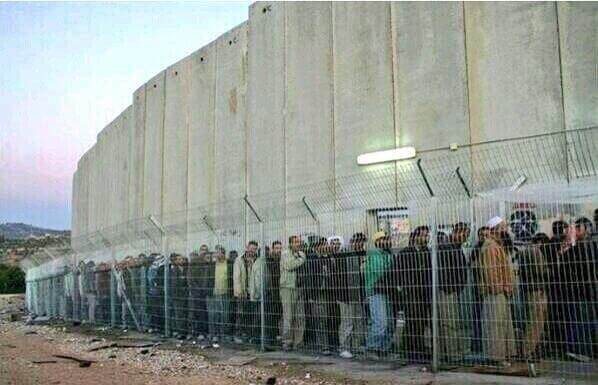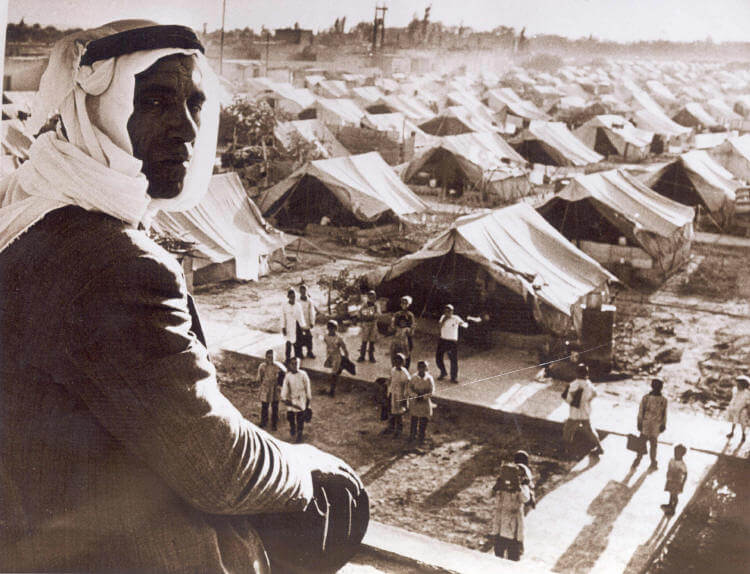Julia Bacha’s two documentaries, Budrus (2009) and Naila and the Uprising (2017), represent important contributions to the cultural struggle against Israeli apartheid—though watching them at this historical juncture feels somewhat bittersweet.
Joel Doerfler reviews University of Pennsylvania political scientist Ian S. Lustick’s “Paradigm Lost: From Two-State Solution to One-State Reality” which says goodbye to the two-state solution, and calls for a new paradigm and a new politics based on a One-State Reality.
For all their talk of “complexity” and “ambiguity,” the contributors to “Teaching the Arab-Israeli Conflict” are in fact as politically and morally engaged as those putative classroom brainwashers and ideologues who serve as their whipping-boys. Instead of being more scrupulous and balanced in their pedagogy, these authors simply have a particular historical and ethical “take” on the subject. The Zionist-Palestinian conflict is not so very morally or politically ambiguous.
Joel Doerfler says several years ago a student in his Israel-Palestine course approached him after class with a question. Why, he wanted to know, did he care so much about this subject? Doerfler says he never got back to him with a clear answer, but never stopped thinking about his question. Here is his answer.
Ben White’s consistently engrossing new book, “Cracks in the Wall: Beyond Apartheid in Palestine/Israel,” argues that “The end of Israel as a bipartisan issue of concern in US politics, along with the wider left’s alienation from and the far right’s embrace of Israel” will undermine Israel’s ability to maintain the status quo. But is he right? Joel Doerfler wonders if Israel can get along without its traditional allies.
Micah Goodman’s book Catch-67: The Left, the Right, and the Legacy of the Six-Day War has been celebrated for its “pragmatism” and “realism” and topped the Israeli nonfiction best seller list for weeks while being read by Benjamin Netanyahu and many top officials involved in administering the Israeli-Palestinian conflict. But Joel Doerfler says, “the most striking thing about Goodman’s argument is the utterly conventional and largely unexamined set of historical and moral assumptions on which it is founded.”
“If denying Jews the ‘right of self-determination’ is evidence of anti-Semitism, then what should we call denying the same right to those indigenes who have lived in Palestine for centuries?” Joel Doerfler on the International Holocaust Remembrance Alliance’s Working Definition of Antisemitism.
Joel Doerfler shares a talk he gave last month to a group of teachers and administrators at the Riverdale Country School, an independent school in the Bronx, N.Y., where he has long taught history, including a course on the Israel-Palestine conflict.
Gershom Gorenberg uses the rendering of Atticus Finch in Harper Lee’s newly published “Go Set a Watchman” to draw an analogy between readerly reinterpretations of literary texts and the putative ways historians have revised their understanding of Israel. He says if Israel can make peace now it will change the way people view the Nakba. Joel Doerfler says, “Whatever one makes of Gorenberg’s thoughts about the reading and interpretation of imaginative fiction, his historical musings are manifestly problematic.”








